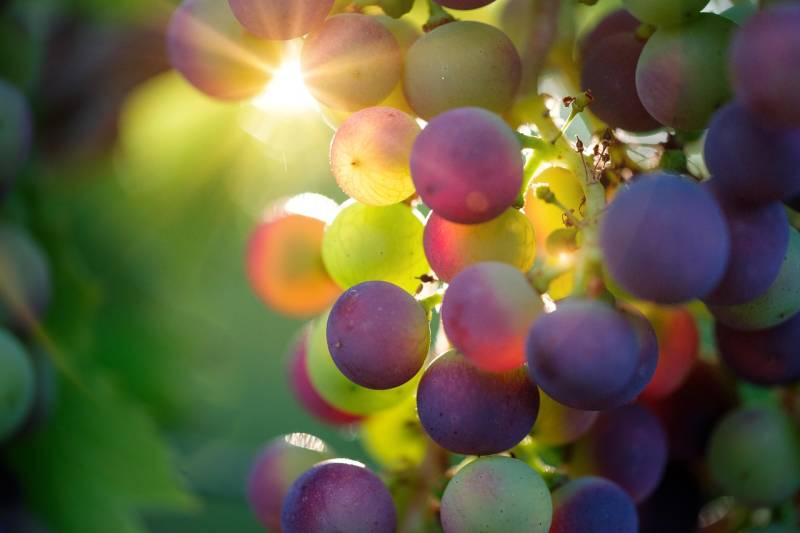- Region
- Águilas
- Alhama de Murcia
- Jumilla
- Lorca
- Los Alcázares
- Mazarrón
- San Javier
-
ALL AREAS & TOWNS
- AREAS
- SOUTH WEST
- MAR MENOR
- MURCIA CITY & CENTRAL
- NORTH & NORTH WEST
- TOWNS
- Abanilla
- Abarán
- Aguilas
- Alamillo
- Alcantarilla
- Aledo
- Alhama de Murcia
- Archena
- Balsicas
- Blanca
- Bolnuevo
- Bullas
- Cañadas del Romero
- Cabo de Palos
- Calasparra
- Camping Bolnuevo
- Campo De Ricote
- Camposol
- Canada De La Lena
- Caravaca de la Cruz
- Cartagena
- Cehegin
- Ceuti
- Cieza
- Condado de Alhama
- Corvera
- Costa Cálida
- Cuevas De Almanzora
- Cuevas de Reyllo
- El Carmoli
- El Mojon
- El Molino (Puerto Lumbreras)
- El Pareton / Cantareros
- El Raso
- El Valle Golf Resort
- Fortuna
- Fuente Alamo
- Hacienda del Alamo Golf Resort
- Hacienda Riquelme Golf Resort
- Isla Plana
- Islas Menores & Mar de Cristal
- Jumilla
- La Azohia
- La Charca
- La Manga Club
- La Manga del Mar Menor
- La Pinilla
- La Puebla
- La Torre
- La Torre Golf Resort
- La Unión
- Las Palas
- Las Ramblas
- Las Ramblas Golf
- Las Torres de Cotillas
- Leiva
- Librilla
- Lo Pagan
- Lo Santiago
- Lorca
- Lorquí
- Los Alcázares
- Los Balcones
- Los Belones
- Los Canovas
- Los Nietos
- Los Perez (Tallante)
- Los Urrutias
- Los Ventorrillos
- Mar De Cristal
- Mar Menor
- Mar Menor Golf Resort
- Mazarrón
- Mazarrón Country Club
- Molina de Segura
- Moratalla
- Mula
- Murcia City
- Murcia Property
- Pareton
- Peraleja Golf Resort
- Perin
- Pilar de la Horadada
- Pinar de Campoverde
- Pinoso
- Playa Honda
- Playa Honda / Playa Paraíso
- Pliego
- Portmán
- Pozo Estrecho
- Puerto de Mazarrón
- Puerto Lumbreras
- Puntas De Calnegre
- Region of Murcia
- Ricote
- Roda Golf Resort
- Roldan
- Roldan and Lo Ferro
- San Javier
- San Pedro del Pinatar
- Santiago de la Ribera
- Sierra Espuña
- Sucina
- Tallante
- Terrazas de la Torre Golf Resort
- Torre Pacheco
- Totana
- What's On Weekly Bulletin
- Yecla


- EDITIONS:
 Spanish News Today
Spanish News Today
 Alicante Today
Alicante Today
 Andalucia Today
Andalucia Today
Date Published: 15/09/2025
Murcia's vineyards fight back against climate change
Winegrowers in Murcia are reshaping their vineyards to survive heat, drought and extreme weather
 The vineyards of Murcia are on the frontline of climate change. Rising temperatures and years of drought have forced local winegrowers to change how they work in order to protect both the survival and the quality of their grapes. Over the past 25 years, the region has lost more than half its vineyards, shrinking from 45,000 hectares to just 21,000.
The vineyards of Murcia are on the frontline of climate change. Rising temperatures and years of drought have forced local winegrowers to change how they work in order to protect both the survival and the quality of their grapes. Over the past 25 years, the region has lost more than half its vineyards, shrinking from 45,000 hectares to just 21,000.Carolina Martínez Origone, managing secretary of the Jumilla Designation of Origin (DOP) Regulatory Council, explained that producers are under intense pressure to adapt. “Rising temperatures and longer periods of drought are making it harder to maintain the quality required for the denomination of origin,” she said. Most vineyards are dryland, meaning they rely solely on rainfall. As a result, growers are turning to methods such as short pruning to help vines conserve sap flow, groundcovers to trap soil moisture and careful monitoring of grape ripening to determine the best harvest time .
Native red Monastrell, known for its resistance to drought and heat, remains Murcia’s main variety. But researchers and wineries are also experimenting with crosses of Monastrell and other grapes, such as Gebas, Mirtya, Calblanque and Calnegre, in an effort to find plants better suited to extreme conditions.
Water management is at the heart of the struggle. Producers have long asked for access to emergency irrigation, but this has not yet been approved. Martínez Origone criticised the growth of water-intensive crops such as table grapes and horticulture in the Altiplano, which she says are receiving water allocations while winegrowing areas are denied even small amounts.
Francisco Carreño, president of the Bullas Designation of Origin, also warned that prolonged drought is threatening the very survival of the sector. After three consecutive dry years, vineyards in some areas were at just 30 per cent production. “If we had had a bad fourth year, we would have disappeared,” he said.
He added that the driest zones are vanishing first in a process of what he called natural selection, while vineyards with some access to water manage to hang on. Like his colleagues, he urged authorities to allow emergency or social irrigation to give producers a fighting chance.
Wineries themselves are also investing heavily in sustainability. Many are using renewable energy, recycling materials and cutting their carbon footprint. Some Jumilla cellars have even been recognised with international certification for climate action. Although all these efforts come at a cost and push up the price of wine, producers remain confident about the balance between quality and value.
Martínez Origone believes wines from Jumilla continue to offer some of the best value for money in the world and urged consumers to support them. “By choosing Jumilla wines you are supporting sustainability, tradition and culture, as well as protecting the landscape and history of this region,” she said.
You might also be interested in: Vines, wines and travel: The very best wine tourism in the Region of Murcia
Image: Bruno/Pixabay








